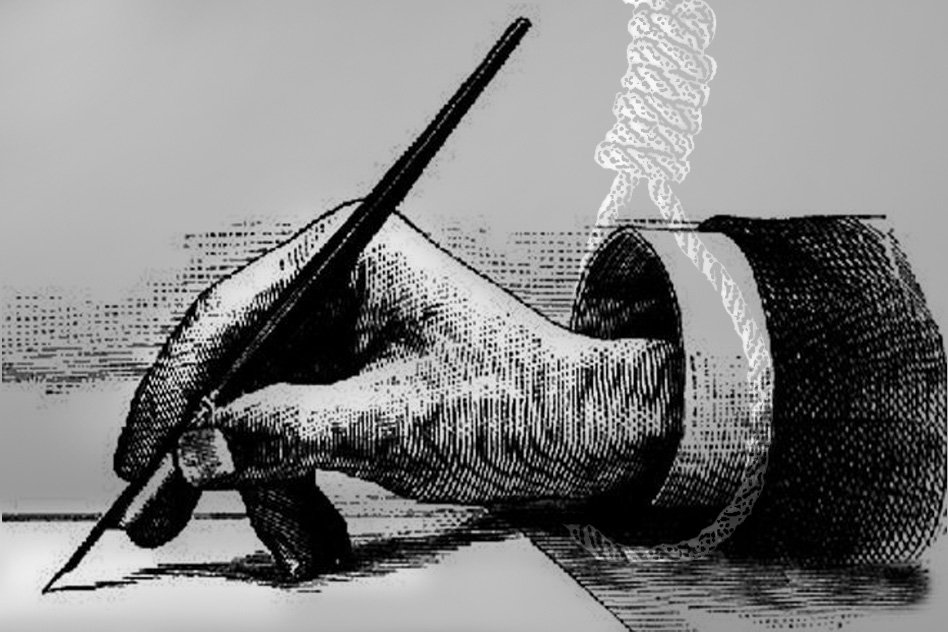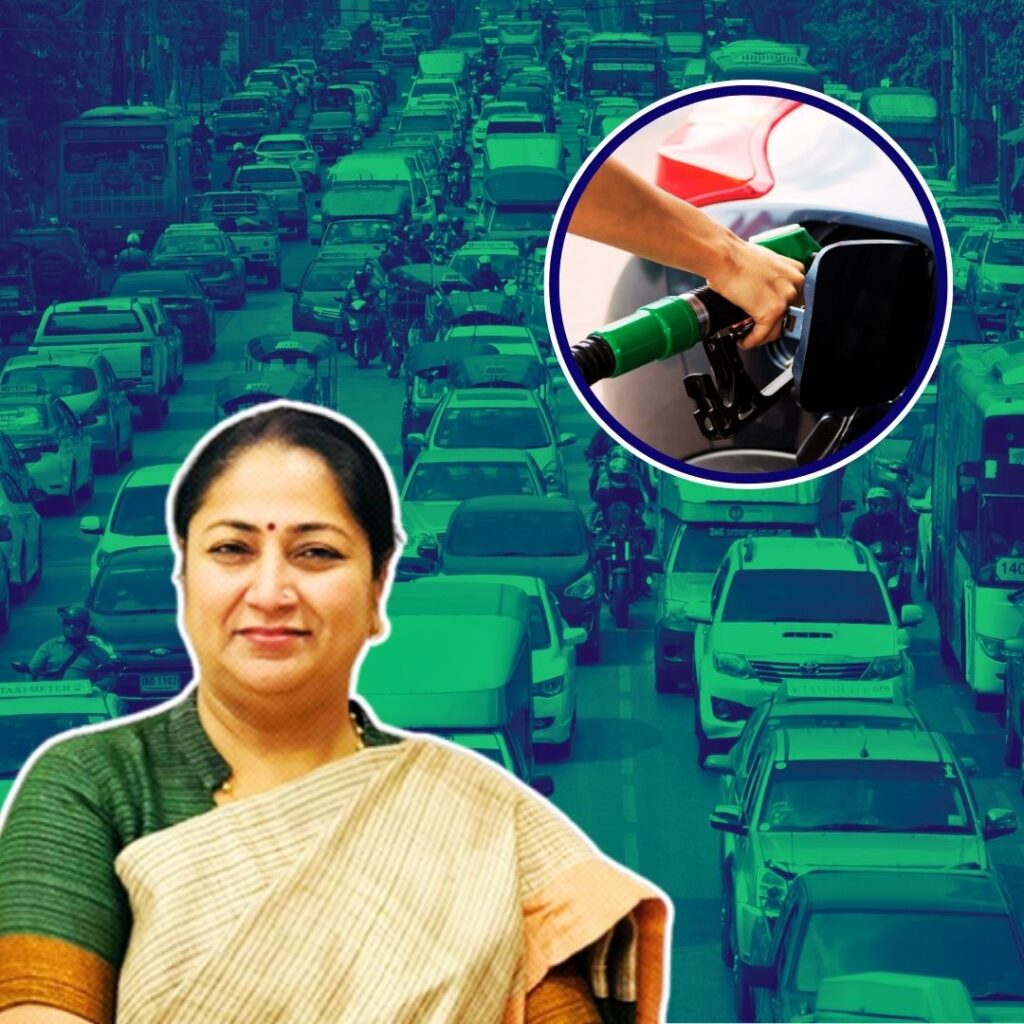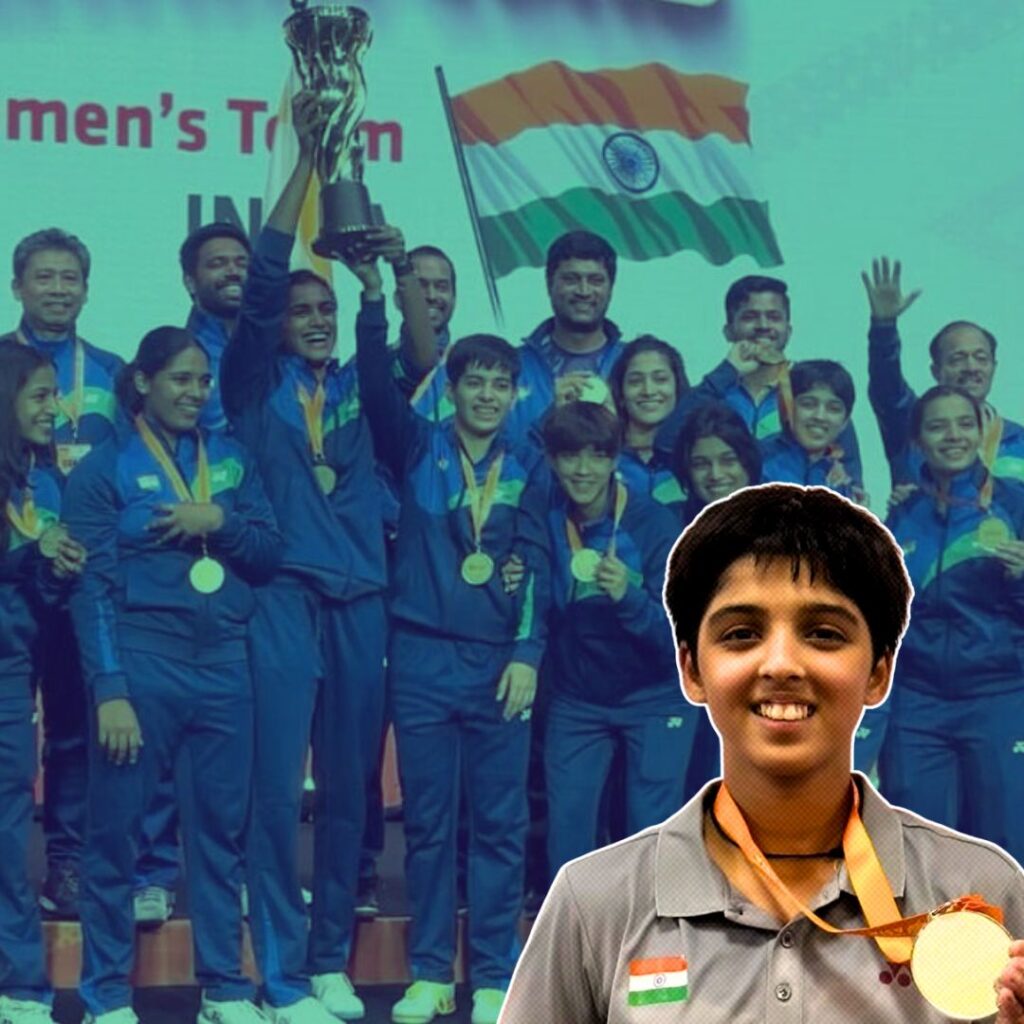‘The Fourth Estate’ is a popular adage used to signify the news media of a nation. It was made popular by Edmund Burke, an English philosopher and politician, who used it to denote the power of the press due to its sway over popular opinion. The press, Burke believed, was more powerful than the branches of the government (the first three estates), and was fundamental to the functioning of a democracy.
The media in India has always been a thriving enterprise. What began as a modest newspaper service in the late 18th century transformed into radio broadcasting and television news programs in the 20th century before the boom of the internet. The internet provided a strong platform for everyday Indians to voice their opinions on practically any topic. Services like Facebook and Twitter are today at the heart of national news distribution. India is the biggest news market in the world – with 82,000 newspapers, 690 satellite channels and 250 million internet users.
However, today the fundamental definition of journalism is under attack from private bloggers, reporters and writers who turn hunches into facts, gossip into evidence, and falsehoods into breaking news. We can all agree that nothing – nothing – is more important to a democracy than a well-informed electorate. But sadly the agents of this information are today the creators of a polarization that is slowly corrupting public opinion in our country. ‘Journalists’ are mocking the meaning of evidence, and major news outlets are making soap operas of news stories.
Furthermore, opinionated anchors, selective coverage, and ideological loyalties are hurting the fundamental rule of journalism – to provide all the news to all the people with no distortion. Media bias through omission or selection of facts is a dangerous thing because media outlets formulate public opinion to a large extent.
On one hand, India has a staggeringly low degree of press freedom, as evidenced by the report by Reporters Without Borders which placed India on the Press Freedom Index at rank 131 out of 179 countries. On the other hand the quality of coverage by our media is deteriorating to such an extent that (ironically) on World Press Freedom Day #GoHomeIndianMedia was trending on Twitter thanks to the dramatized coverage of the Nepal earthquake last month by our news channels. Journalists are today ridiculed as “presstitutes”, a derogatory term to signify that they’ll go to any lengths for a story.
Indian journalism is swiftly becoming a competition between news agencies. It is turning into a series of attractive headlines with little or compromised content, endless advertisements and fact adulteration or selective reporting. Sensationalism has become the rule of the day. There is an ocean of content but a misguided direction that has diluted national debate. This is perilous especially when one considers the irreversible implications of the concept of ‘trial by media’.
This must be a wake-up call for Indian journalism. The authenticity of the news must not be compromised. India’s media houses must be a haven of men and women driven by an urge to provide facts and the news – unadulterated and unaltered. It should not become a gossip and competition-driven commercial industry where not only the quality of the news is compromised, but the reality of the news also is.
Media in India today is, I think, guilty of not executing its duty honorably. It needs to revamp itself and understand the weight of the responsibilities it shoulders. Because if journalism loses the trust of the people, the people lose trust in the nation’s future.











